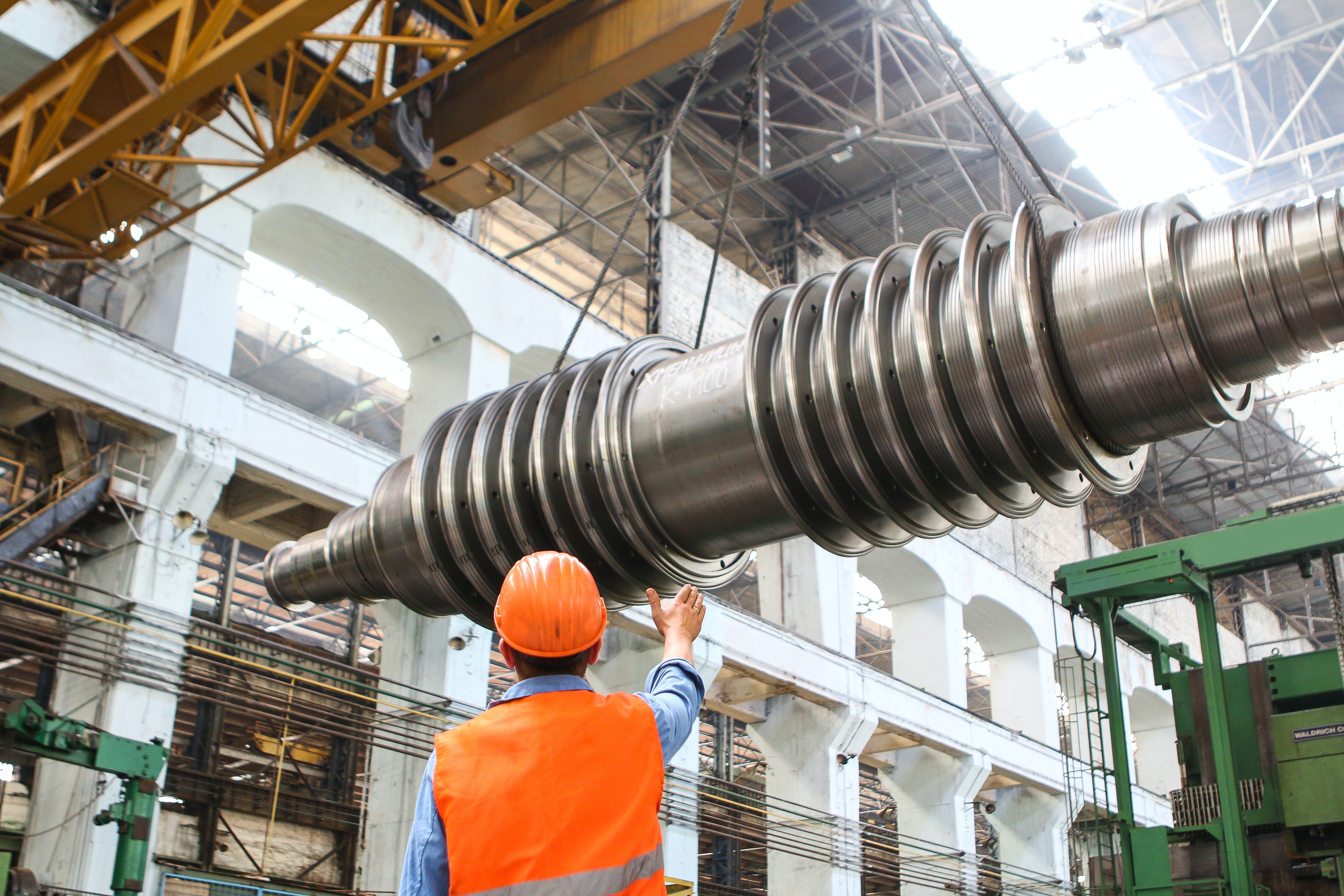
The Factored Quality Guide to Manufacturing & Sourcing
In Part 6, we unpack the ins and outs of manufacturing and sourcing.

In Part 3, we get into the weeds of in-line and pre-shipment inspections.
Any consumer brand will know navigating from product development to warehouse inventory audits is a highly specific process.
Fortunately, at Factored Quality, we’re experts on all aspects of audits that founders and startup operations teams don’t have the capacity to worry about. And we’re going to outline all of them in this series.
In Part 3, we unpack everything you need to know about in-line, pre-shipment, and raw material inspections — and more.
Let’s dive in.
Let's start with some definitions.
Conduct your in-line product inspections as early as possible
Factored Quality recommends conducting in-line inspections early on in production. The longer you wait, the more expensive and time-consuming it is to manage the negative results.
Let’s say you discover a critical issue that requires a change of raw materials — after you’ve already produced 80% of your product. Then, you have to scrap and waste that 80%. As such, FQ advises running in-line inspections at the 20% completion mark since the sample size is sufficient for a serious examination.
We may also recommend inspections at the 10% mark if you're running several production lines simultaneously.
In-line inspections ensure you catch product flaws — instead of your end customer
In-line product inspections can discover flaws such as:
Overall, in-line inspections are valuable to your bottom line because they catch these structural errors before production consumes all of the raw material you've purchased.
If you don't find any defects during the in-line inspection, you may not need a pre-shipment inspection (PSI). However, that's rarely the case. In-line inspections usually uncover some kind of issue that the brand must solve.
That’s why they conduct PSIs, which serve two crucial purposes:
PSIs are ultimately another cautious, cost-saving step. Every day after your goods leave the production facility, they incur shipping, warehousing, and other costs. So, the PSI is the final check on your goods to ensure all of those cumulative costs are worth it.
Cutting corners on inspections will always be expensive
Let's be clear: Conducting pre-shipment inspections isn't an issue of supplier trust. Even if you've been working with your supplier on a mature product for years and have decided to cut in-line inspections, you should still run a PSI as the final catch-all check.
As mentioned, everything that happens to the shipment after that point costs you money. So, let it be well-spent.
Can’t figure out what’s wrong with production? Check on your raw materials.
Suppliers that manufacture finished goods work off raw materials — and it requires a leap of faith to trust those suppliers will source the right elements.
At Factored Quality, we know that if the raw materials — from plastics to glass to electronic components — are wrong, the final product will be wrong as well. This is why we offer raw material inspections to test the quality of all ingredients and ensure they’re as the supplier claims.
If your brand has run product tests and ruled out issues on the production line but is still experiencing issues, it’s likely time to run a raw materials test.
One apparel brand began working with FQ after experiencing a serious product quality issue: They had to scrap 50,000 units of clothing after skipping a pre-shipment inspection.
This was especially brutal for the omnichannel brand for two reasons:
Or, in another instance, we partnered with a brand to test the quality of yarn in their socks. When the material was off, our inspectors felt it immediately upon try-on, meaning the brand’s buyers would as well. Catching that error in raw material before a major production run wound up being critical to the brand’s bottom line and customer satisfaction.
Container loading checks are yet another way to ensure product success, specifically around the lead-up to shipment. This step entails:
If your product is fragile or needs to be handled with care in any way, your brand should especially consider container loading checks.
CPK and FAI (also known as Process Capability Index and First Article Inspection, respectively) are two lesser-known abbreviations to brands in the realm of product inspections. Even then, they’re crucial steps to how brands conduct inspections, ensure reliable quality results, and streamline their inspection workflows for the long run.
Process Capability Index (CPK)
CPK is a statistical process, often conducted in a controlled environment, in which you take multiple measurements of a product to understand its critical dimensions.
Through CPK, you understand how much variability from desired measurements is acceptable and will still allow a unit to pass inspection.
First Article Inspections (FAI)
FAI verifies your product design by taking the first several units off of the production line and comparing them to your original design files. This may also involve functional tests to ensure the product performs correctly.
Run FAI before mass production to ensure everything is correct in terms of visuals, production setup, and performance.